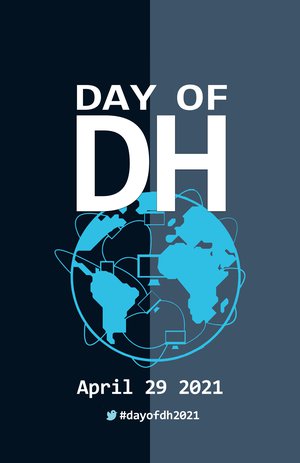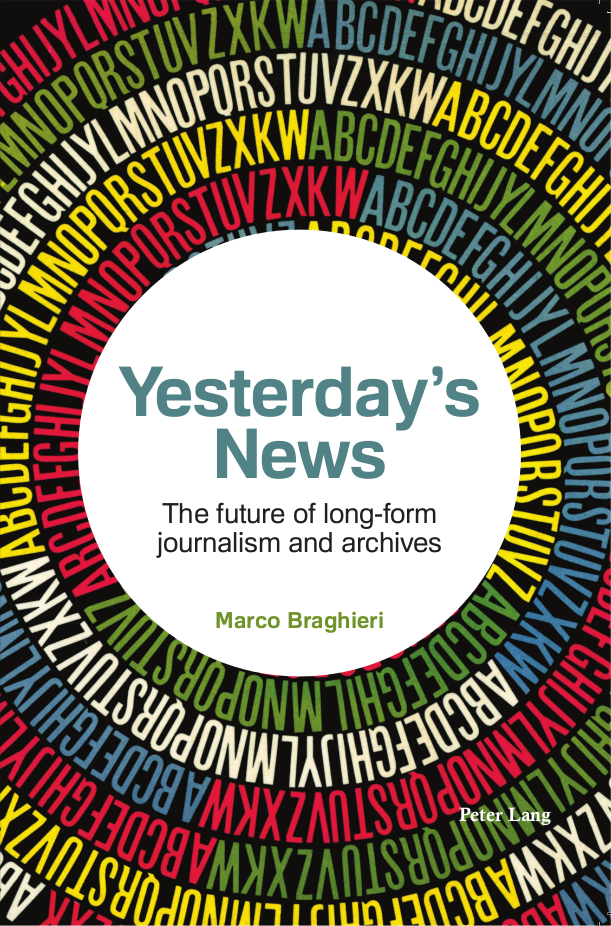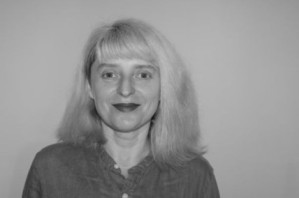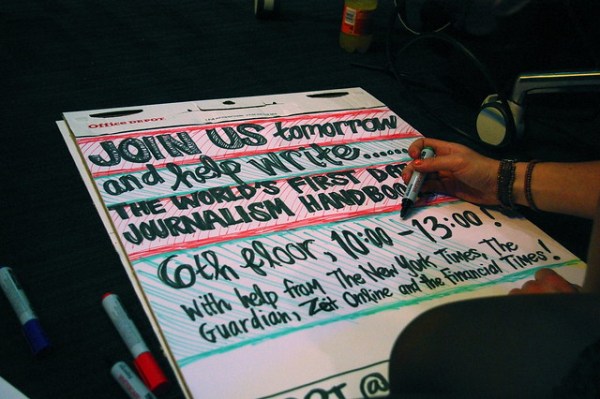The event includes talks and discussions with Urszula Pawlicka-Deger, Alan Liu, Laura Mandell, Matthew K. Gold, Susan Brown, Lauren F. Klein, Paola Ricaurte Quijano, Jonathan Gray, James Smithies, Arianna Ciula and David M. Berry.
The Digital Humanities & Critical Infrastructure Studies Workshop Series aims to enliven discussion about infrastructure from the perspective of Digital Humanities and Social Sciences, as a contribution to the emerging field of Critical Infrastructure Studies. The first workshop in the series, “Infrastructural Interventions,” brings together leading thinkers in Digital Humanities (DH) who interrogate the nature and fragility of infrastructure at individual, social, and planetary scales, and attempt to reconfigure their nature from social justice, feminist and decolonial perspectives. The following questions will guide us through the discussion: How, precisely, did our contemporary digital infrastructure evolve? How are different actors challenging, contesting and creating alternatives to official data infrastructures? How can DH infrastructure be informed by an analysis of power—and even actively challenge existing power imbalances? How might DH infrastructure reject the hierarchical and other divisions that currently structure DH work? How can digital humanists reimagine and rebuild the world differently through infrastructure?
The workshop will take place on the Microsoft Teams platform. (How to join a Teams meeting.) Registration for this event is now open through the Eventbrite. If you have any questions about the event, please don’t hesitate to contact the CIS collective: contact@cistudies.org
Agenda:
21 June, Monday – 17.00 – 20.00 (UK time)
- 17.00 – 17.10: Introduction by Urszula Pawlicka-Deger, King’s College London, UK
- 17.10 – 17.50 : Keynote by Alan Liu, University of California, Santa Barbara, US – “Digital Humanities and Critical Infrastructure Studies: An Overview,” 40min (chair: James Smithies)
Abstract: In this talk, Alan Liu provides an introduction to “critical infrastructure studies” and the place of the digital humanities in it. What have been the main approaches to infrastructure that today make the topic of such compelling socio-political, technological, media-informatic, cultural, historical, and artistic interest across the disciplines? How are the digital humanities positioned in relation to those approaches; and what is “critical” about that relation?
Useful links for citations and other material mentioned in the talk:
– CIstudies.org Bibliography: bit.ly/cistudies_biblio
– “CI Studies Primer”: bit.ly/cistudies_primer
– Syllabus for Alan Liu’s 2020 graduate seminar on “Critical Infrastructure Studies”: bit.ly/cistudies_course2020
- 17.50 – 18.05: Discussion
- 18.05 – 18.10: Break
- 18.10 – 19.00: Session (chair: Urszula Pawlicka-Deger)
Laura Mandell, Texas A&M University, US – “Revitalizing the ARC Infrastructure through Linked Open Data”
Matthew K. Gold, CUNY Graduate Center, US – “An Open Opportunity: Free Software, Community-Supported Infrastructure, and the People’s University”
Susan Brown, University of Guelph, Canada – “(Re:)platforming”
- 19.00 – 19.20: Discussion
- 19.20 – 19.25: Break
- 19.25 – 19.55: Projects discussion
Showcasing infrastructure-focused DH projects. More details soon!
- 19.55 – 20.00: Conclusion
22 June, Tuesday – 17.00 – 19.10 (UK time)
- 17.00 – 17.05: Introduction by Urszula Pawlicka-Deger, King’s College London, UK
- 17.05 – 17.50: Session 1 (chair: Urszula Pawlicka-Deger)
Lauren F. Klein, Emory University, US – “What Does Feminist DH Infrastructure Look Like?”
Paola Ricaurte Quijano, Tecnológico de Monterrey, Mexico – “The Fragility of Data and the Right to Infrastructures”
Jonathan Gray, King’s College London, UK – “Missing Data and Making Data: Data Infrastructural Interventions”
- 17.50 – 18.10: Discussion
- 18.10 – 18.15: Break
- 18.15 – 18.45: Session 2 (chair: Arianna Ciula)
James Smithies, King’s College London, UK – “Rewinding our Assumptions: Digital Infrastructure as Emergent Phenomena”
David M. Berry, University of Sussex, UK – “Towards Critical Digital Humanities: Explainability and Interpretability as Critical Infrastructure Practice”
- 18.45 – 19.05: Discussion
- 19.05 – 19.10: Conclusion
You can find more details and abstracts on the Critical Infrastructures Studies.org website.
The workshop is part of the MSCA project that has received funding from the European Union’s Horizon 2020 research and innovation programme under grant agreement No 891155.
The MSCA research project website: dhinfra.org.







